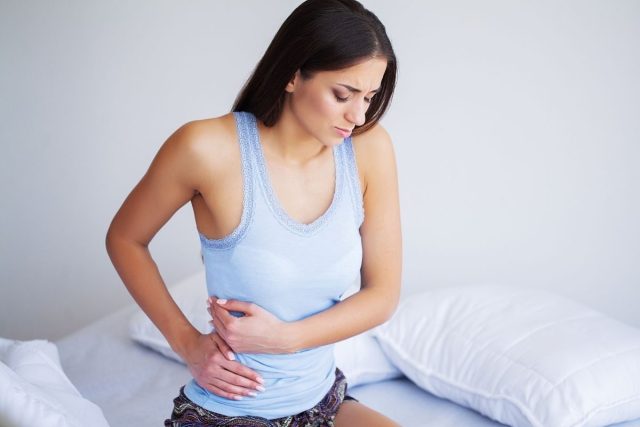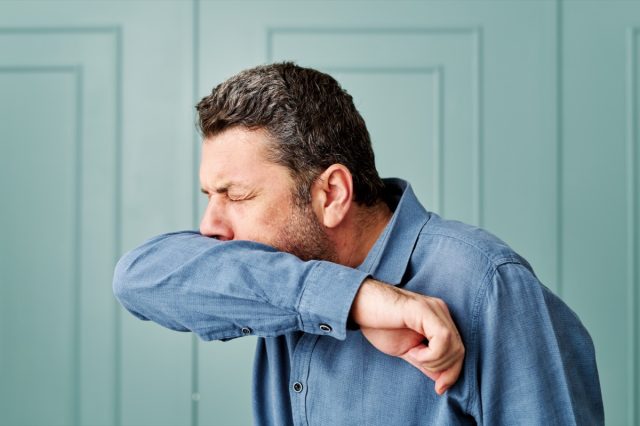What you should know about colon cancer
Could you be at risk of developing colon cancer? Despite efforts to raise awareness of the disease, it is still the second-leading cause of cancer death. Here’s what you need to know about colon cancer, and what you can do to prevent it from affecting your life or the lives of your loved ones.
What is colon cancer?
Colon cancer is a cancer that starts in the colon or large intestine. It shares many features with rectal cancer, and they are sometimes grouped together as colorectal cancer. It begins when cells in the colon start to grow abnormally, or out of control. Like other cancers, it can spread to other parts of the body if left untreated.
Causes - It starts with polyps
Most cases of colon cancer begin with polyps, which are abnormal growths on the lining of the colon. Although most polyps are benign, some can develop into cancer over several years. Adenomatous polyps, or adenomas, are considered pre-cancerous, and can be removed if detected early.
Risk Factors - Family history can put you at risk
Family history, including some hereditary genetic syndromes, can increase an individual’s chances of developing colon cancer. According to the Mayo Clinic, people with hereditary nonpolyposis colorectal cancer (HNPCC), also known as Lynch syndrome, are very likely to develop colon or rectal cancer before they reach the age of 50.
Risk Factors - Inflammatory bowel disease
People with inflammatory bowel disease (IBD) are more at risk of developing colon cancer. If you are diagnosed with IBD, the American Cancer Society recommends that you start getting screened for colorectal cancer at a younger age and that you get screened more frequently.
Risk Factors - Unhealthy lifestyles
Certain lifestyle choices can result in higher risk of developing colon cancer. Tobacco use, heavy alcohol consumption, and eating a lot of red or processed meat are all factors that can increase the risk of colon or rectal cancer. Individuals can also exercise regularly and avoid sedentary habits to reduce their risk.
Symptoms - Bowel problems
Signs and symptoms of colon cancer include various bowel problems. If you are at risk for developing colon cancer and you notice any changes in your bowel habits, including chronic diarrhea or constipation, rectal bleeding, or blood in your stool, you should see a specialist about possible causes. Other symptoms of colon cancer include unexplained weight loss and chronic fatigue.
Symptoms - Many don’t have symptoms
More than half of people diagnosed with colon cancer don’t have any symptoms. The noticeability of the symptoms can vary depending on the cancer’s size and its location in the colon. This is why it is especially important for individuals to get screened regularly if they are at risk of developing colon cancer.
Treatments - Polyp removal or colectomy
In its early stages, the most effective treatment of colon cancer is to remove the affected portions of the colon. When it’s caught early, surgeons might only have to remove a dangerous polyp, but more advanced cancer will require a partial colectomy, which is the removal of a portion of the large intestine.
Treatments - Chemotherapy
In more advanced stages of colon cancer, chemotherapy may be necessary along with surgery. Not all doctors agree on when chemotherapy should be implemented, but the further the cancer spreads, the less likely it is that it can be removed solely by surgery. Chemotherapy is also used in cases where the tumour or cancerous area is too large to remove.
Statistics - One of the major cancers
Together, colon and rectal cancer are considered one of four “major cancers” according to the American Cancer Society. The others include prostate cancer, breast cancer and cancer of the lung and bronchus. There were an estimated 135,430 new cases of colorectal cancer in the United States in 2017, and the vast majority of those diagnosed were over 45 years in age.
Statistics – Second-leading cause of cancer death
Together, colon and rectal cancer are the second-leading cause of cancer death in the United States. Only lung and bronchial cancer claim more victims. According to the Cancer Statistics Center, an estimated 52,980 people in the United States will die of colorectal cancer in 2021. However, preventive measures and early detection are slowly decreasing the annual death rate.
Statistics - Common in men and women
Colon cancer is common in both men and women. According to the American Cancer Society, men have a 1 in 22 chance of developing colorectal cancer while women have a 1 in 24 chance. Compared to breast or prostate cancer, colon cancer is an equal-opportunity killer.
Statistics - Survival rates
Individuals diagnosed with stage I colorectal cancer have a survival rate of 92%, according to the National Cancer Institute. If colon cancer is detected early, the patient has a good chance of surviving. However, individuals diagnosed with stage IV, or metastatic, colorectal cancer only have a survival rate of 11%, highlighting the importance of early detection.
Statistics - Over one million survivors
In 2014, there were an estimated 1.3 million survivors of colon and rectal cancer living in the United States, and that number has likely grown in recent years. This figure is the basis for the One Million Strong campaign, which aims to build awareness for colorectal cancer and encourages people to get screened.
Statistics - One in three not getting screened
As of 2013, one in three adults over 50 had not been screened for colorectal cancer, according to the Centers for Disease Control. Many cases of colorectal cancer can be prevented if pre-cancerous polyps are removed before cancer develops or spreads to the colon lining, and survival is much more likely if cancer is detected early.
Statistics - Rates are rising for young people
Individuals over 50 are still the most at risk for colon and rectal cancer, but a study published last year suggests that death rates for young people with colorectal cancer have been rising since the mid-2000s. Someone born in 1990 is twice as likely to develop colon cancer as someone born in 1950, and experts don’t know why.
Prevention - Screening prevents cancer
The best way to avoid colon cancer is to get screened. The U.S. Preventive Services Task Force recommends that individuals over the age of 50 get screened for colorectal cancer on a regular basis until they are 75 years old. Adults aged 76 years and older should get screened according to the recommendations of their doctors.
Prevention - Colonoscopies prevent deaths
Colonoscopies are an effective way of screening both for colon cancer and for the precipitating causes of colon cancer, such as adenomatous polyps. During a colonoscopy, a doctor will examine the rectum and colon with a long, luminous tube. Polyps and other abnormal growths can be removed during colonoscopies, which can prevent cancer from developing.
Prevention – At-home tests
Individuals concerned about invasive screening procedures have the option of screening themselves at home for colon or rectal cancer. Two popular methods include the fecal occult blood test (FOBT) and the stool DNA (sDNA) test, which both require the individual to send a stool sample to a lab to check for signs of colorectal cancer.
Prevention - Healthy diet can prevent colon cancer
Studies show that a healthy diet can help reduce the risk of developing colon cancer. The American Cancer Society recommends that you eat foods that are high in fibre. These include foods from plant sources and food made with whole grains. Some studies also suggest that phytochemicals, found in citrus fruits and leafy greens, can help fend off colon cancer.





